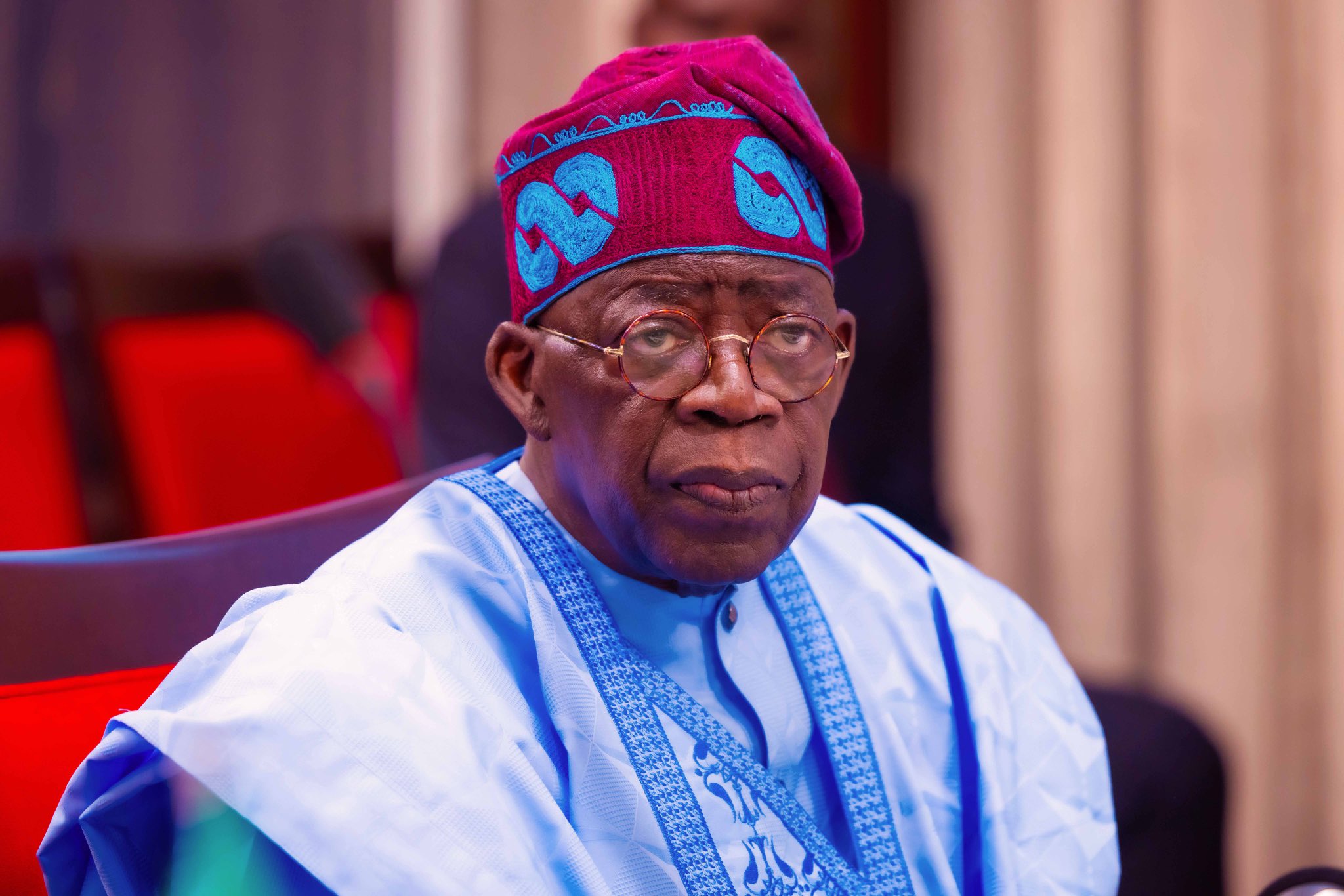This week, President Bola Ahmed Tinubu unveiled an ambitious plan to revolutionize Nigeria’s health sector through massive investments and strategic allocations in the proposed 2024 budget.
This move took centre stage during the unveiling of Nigeria’s Health Sector Renewal Investment Initiative and the signing of the Health Renewal Compact in Abuja, aligning with activities commemorating Universal Health Coverage (UHC) Day on December 12.
The President underscored the significance of delivering improved quality health as a cornerstone of his promise of Renewed Hope to Nigerians. With resounding support from multilateral partners and agencies, health is now firmly back on the front burner, marking a pivotal moment in Nigeria’s healthcare trajectory.
The theme for the year, ‘Health for All: Time for Action,’ encapsulates the urgency and determination with which the administration approaches the noble goal of ensuring health for every Nigerian.
The President emphasized that health is not merely the absence of disease but the embodiment of physical, mental and social well-being — a fundamental human right that the administration is committed to upholding across all demographics, irrespective of rural or urban areas.
Recognising the foundational role of primary healthcare, the President outlined plans for a comprehensive revamp of physical infrastructure, equipment and the re-training of frontline health workers, commencing in 2024, aimed at building a resilient and integrated healthcare system capable of addressing the diverse health needs of the population.
To tackle the persisting challenge of high healthcare costs, the President announced the redesign of the Basic Health Care Provision Fund (BHCPF).
The objective is to enhance access to essential healthcare services as outlined in the National Health Act (2014), ensuring that quality healthcare is within reach for all Nigerians.
The President stressed the need for non-partisan coordination and implementation of these healthcare initiatives. Recognizing that health is a universal concern, irrespective of political affiliations, underscores the collective responsibility to achieve health for all.
On his part, the Coordinating Minister of Health and Social Welfare, Professor Muhammad Ali Pate, emphasised key policy actions in the health sector.
The redesigned BHCPF, constituting at least 1% of the Consolidated Revenue Fund, is poised to receive a substantial investment of at least $2.5 billion from 2024 to 2026 to improve the primary health system nationwide, marking a pivotal step towards achieving comprehensive healthcare coverage.
The minister also outlined plans to double the number of fully functional Primary Healthcare Centres (PHCs) from 8,809 to 17,618 by 2027 across all 36 states and the Federal Capital Territory (FCT). These PHCs will not operate in isolation but will be intricately linked to a comprehensive emergency care system, ensuring a seamless healthcare continuum for all Nigerians.
Transparency was underscored as a priority, with the federal government committed to making resource allocation, releases, and results transparent to all stakeholders. This includes government bodies, non-governmental partners, civil society organizations, and citizens, fostering an environment of accountability and shared responsibility.
The increased allocation in the proposed 2024 budget for health and social welfare sectors stands as a testament to the political will of the Tinubu administration to achieve Universal Health Coverage (UHC) and elevate the overall health status of Nigerians.
The significant investments encompass health infrastructure, equipment for hospitals, provision of critical commodities, expansion of health insurance and a heightened focus on the welfare of the health workforce.
In response to the rising prices of pharmaceuticals, the minister announced the federal government’s plan to establish a mechanism for the pooled procurement of critical pharmaceuticals in 2024. This forward-thinking initiative aims to lower costs, guarantee quality, and make life-saving medications more affordable, particularly for the most vulnerable segments of the population.
Looking towards the medium term, the President’s initiative to unlock the healthcare value chain foresees Nigeria manufacturing an increasing share of its generic drugs, medical devices and associated content, including vaccines aimed at reducing dependency on external markets and safeguarding the nation against exploitative practices.
The President’s commitment to transforming Nigeria’s health sector reflects a vision of inclusive healthcare for all. The announced initiatives, coupled with transparent governance and strategic investments, lay the groundwork for a healthier and more resilient nation, where quality healthcare is not just a promise but an accessible reality for every Nigerian.




